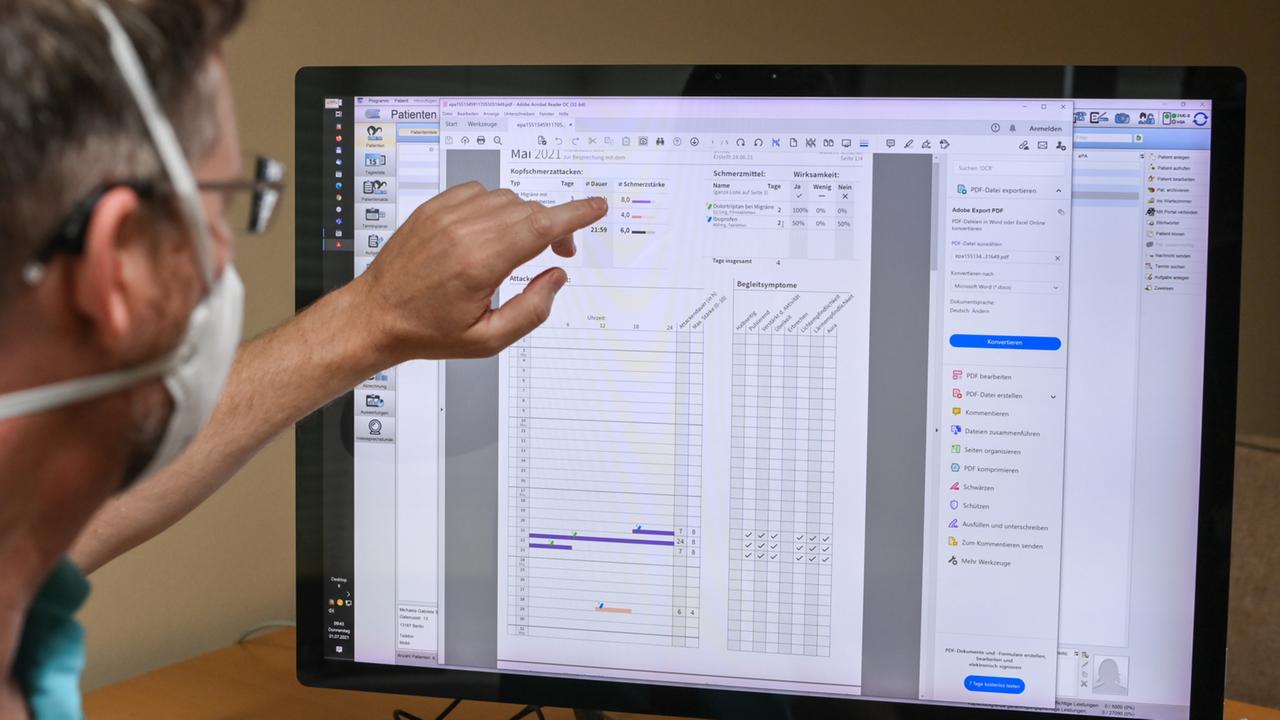

They never wanted to worry about address space size again. And this makes subnetting much easier. I have a /56 allocation so I could do 256 /64 subnets. I hope that at some point home routers will have the option for seperate subnets built in. This way you could easily have guest, IoT, work or whatever networks without NAT.
One thing you have to consider though is that the minimum network size that allows autoconf is /64 and that because of the privacy extension a device usually has 3-4 IPv6 adresses.














In my opinion NAT is a hack that makes lot of things harder than they should be. STUN and TURN are services that are created because there is no easy way to connect two hosts between different NATs. UPnP for port forwarding is another. CG-NAT is even worse. I have heard of so many people having problems with it.
Breadcast is messy. It is like screaming into a room and waiting for an answer. Multicast lets the computer decide if it wants and needs to listen to a specific group message.
IPv4 didn’t have cidr from the beginning. They only had classes. IPv6 was designed with complex routing and sub routing in mind.